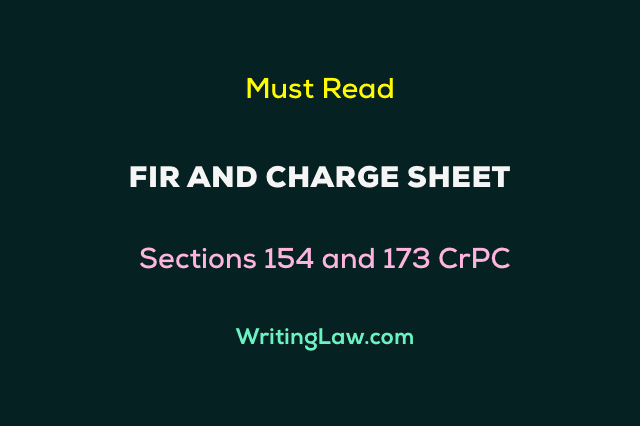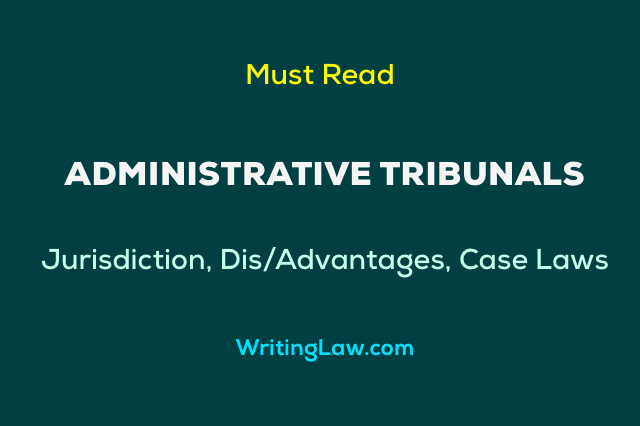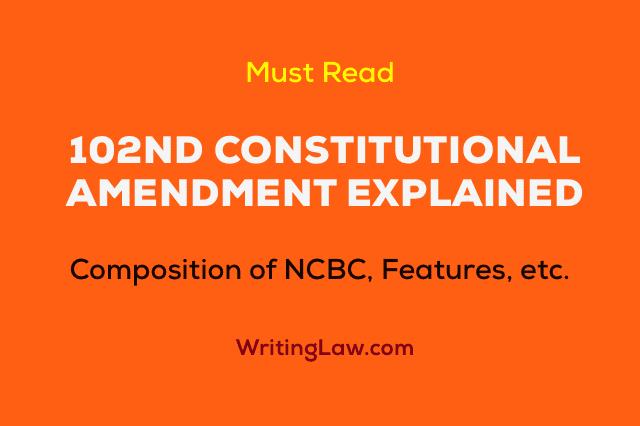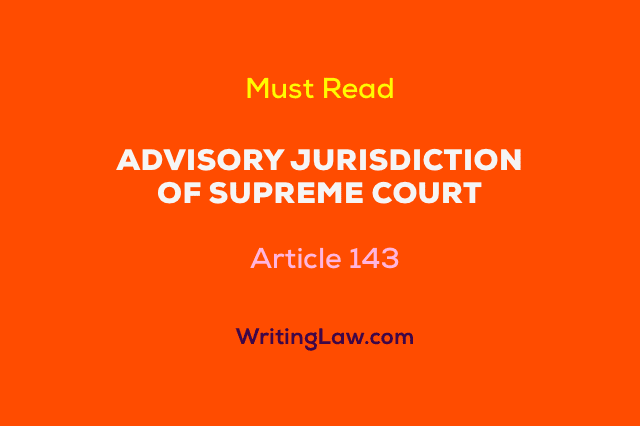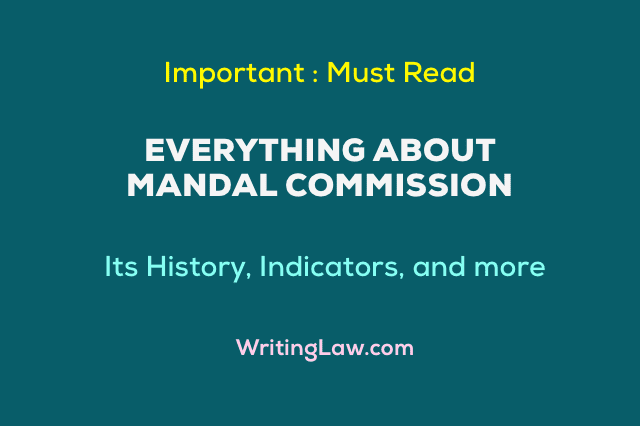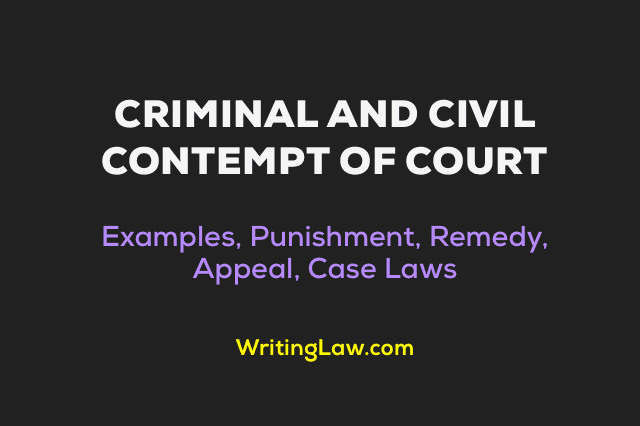FIR and Charge Sheet – Section 154 and Section 173 CrPC
When any informant informs the police about any crime that has occurred, the police, after analysing the case is a cognizable one, registers the FIR and proceeds for investigation, arrests etc. After the investigation is over, the police submit a report to the court called a charge sheet, which forms the basis for the criminal trial.
Now that you understand the definition, let us learn more about FIR and charge sheet under the Criminal Procedure Code, 1973.KEEP READING
